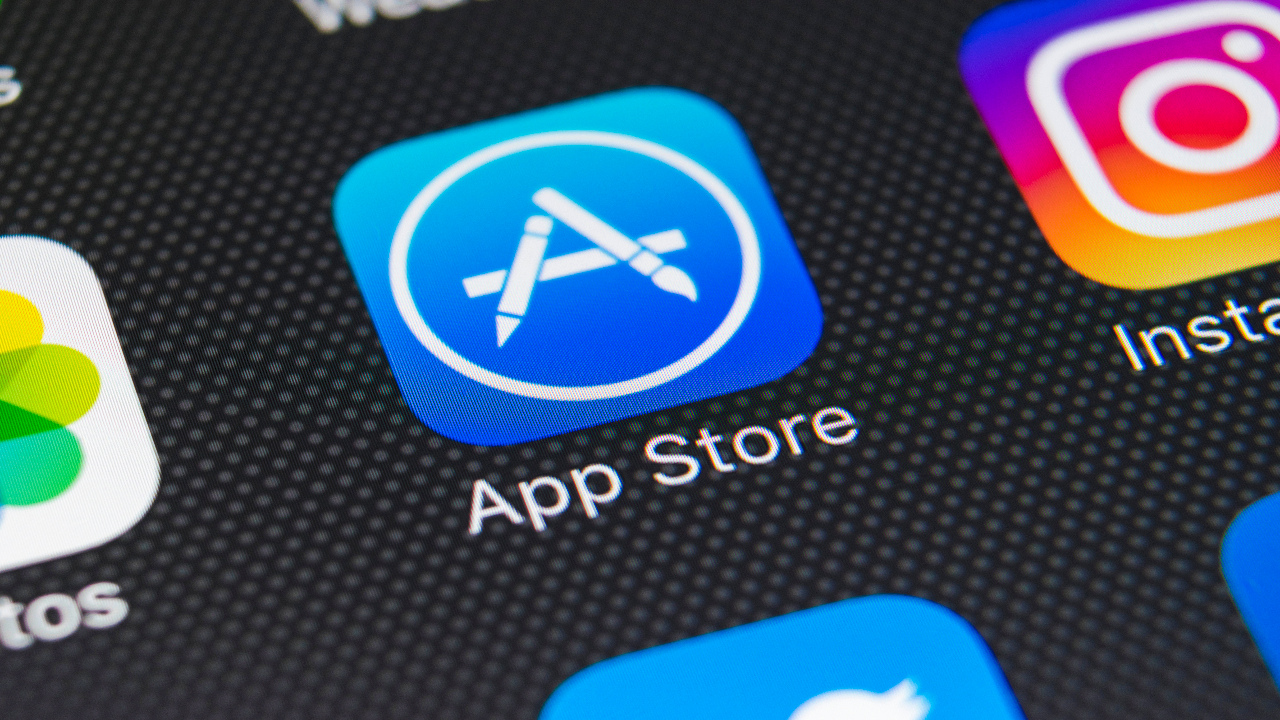
In a seemingly major blow to Apple, a federal judge said that the company can no longer force app makers to exclusively use Apple's payment systems. The ruling opens the doors for third-party in-app purchase methods.
Put another way, Epic Games— the developer behind Fortnite — can start selling in-game skins and items to Apple users without having to pay a 30% commission to Apple for each sale. Instead, Epic can direct gamers to its own website for those transactions. Or at least, Epic Games could do that if Fortnite were still on the App Store. As of publishing, Fortnite is still banned from the App Store for violating Apple's terms.
So why does Apple seem happy about the decision?
- iPhone 13 release date, price, specs and more
- Fortnite updates, latest news and patch notes
- Plus: PlayStation Showcase 2021 recap
Per Dot Esports, Judge Yvonne Gonzalez Rogers of U.S. District Court for the Northern District of California said, in a 185-page permanent injunction, that Apple's App Store policy violated California's laws against unfair competition. Judge Rogers said that Apple had practiced in anti-competitive behavior under California law, but would not go so far as to call Apple a "monopolist," as Epic Games had argued.
Apple seized on that last portion of the ruling in its public statement on the case, declaring "Today, the court has affirmed what we've known all along: the App Store is not in violation of antitrust law."
Epic CEO Tim Sweeney disagreed with that point, tweeting that "today's ruling isn't a win for developers or consumers" and adding "Fortnite will return to the iOS App Store when and where Epic can offer in-app payment in fair competition with Apple in-app payment, passing along the savings to consumers."
Today’s ruling isn't a win for developers or for consumers. Epic is fighting for fair competition among in-app payment methods and app stores for a billion consumers. https://t.co/cGTBxThnsPSeptember 10, 2021
It's possible the decision could go to appeals, meaning the lawsuit may not be over. As it stands, the decision could upend a multi-billion dollar App Store economy.
Sign up to get the BEST of Tom's Guide direct to your inbox.
Get instant access to breaking news, the hottest reviews, great deals and helpful tips.
Still, from Apple's perspective, it may have won the war if not the battle by not being defined as a Monopoly. "This ruling is actually a major victory for Apple — it was not deemed a monopolist, and it needs to change very little in terms of its business practices," said Avi Greengart, founder and lead analyst at Techsponential.
That said, Apple can no longer restrict in-app purchases, which means it will have to allow alternative payment methods, Greengart added. "This will affect Apple's App Store revenue, but many apps will continue using Apple's in-app payments because for smaller developers it makes little economic sense to set up their own payment processing, and even for larger developers, Apple's system provides a seamless user experience," he said.
According to Michael Pachter, an analyst at Wedbush Securities via Twitter, while Apple got away with not being defined as a monopoly, Epic won by being allowed to have players pay it directly. This ruling will cost Epic Games millions, but could effectively cost Apple billions in lost revenue if app makers start using alternative payment methods en masse.
Quick read of Apple decision is that Apple "won" by not being held a monopoly, but Epic "won" by being allowed to direct players to the Epic store as alternate payment systemBottom line: Epic wonThis ruling can (and will) be appealed, so we may have to wait a bit for changesSeptember 10, 2021
Prior to this ruling, after an investigation by the Japan Fair Trade Commission, Apple announced it would ease payment policies for some apps, like Netflix or Spotify, allowing users to subscribe through its websites and not through the App Store directly.
At the moment, Fortnite is not available on the App Store. It's uncertain if or when it would be allowed back on. Judge Rogers' order will take effect in 90 days, unless Apple seeks to block the order.
Google's App Store isn't exempt from this either, as Epic Games sued the Android maker over a similar policy. Last month, 36 states and the District of Columbia also sued Google for the same practice. Epic Games also co-founded the Coalition for App Fairness, along with Spotify, Basecamp and the Match Group, to go after anti-competitive practices by platform holders.
Editors' Note: This story was updated at 5:09 p.m. ET with additional analyst comment.
Imad is currently Senior Google and Internet Culture reporter for CNET, but until recently was News Editor at Tom's Guide. Hailing from Texas, Imad started his journalism career in 2013 and has amassed bylines with the New York Times, the Washington Post, ESPN, Wired and Men's Health Magazine, among others. Outside of work, you can find him sitting blankly in front of a Word document trying desperately to write the first pages of a new book.

